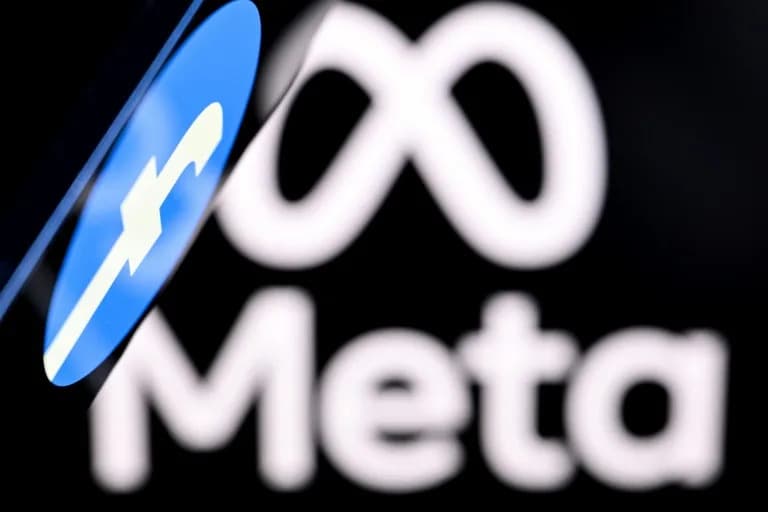Judge James Boasberg ruled that the FTC failed to prove Meta holds monopoly power, denying the agency's request to force divestitures of Instagram and WhatsApp. The FTC argued Meta's acquisitions of Instagram ($1 billion in 2012) and WhatsApp ($19 billion in 2014) reflected a "buy or bury" strategy, but the judge found the market definition flawed and highlighted strong competition from TikTok and YouTube. Boasberg cited user switching during events such as a 2021 outage and temporary TikTok restrictions as evidence that users move freely among platforms. The FTC said it is reviewing options, while Meta welcomed the ruling as recognition of vigorous competition.
Judge Rules FTC Failed to Prove Meta a Monopoly — Instagram and WhatsApp Stay with the Company
Federal judge rejects FTC's monopolization claim against Meta
A U.S. federal judge on Tuesday handed Meta a major legal victory, ruling that the Federal Trade Commission (FTC) failed to prove the company had monopolized the market through its acquisitions of Instagram and WhatsApp. The decision means Meta will not be forced to divest those apps.
U.S. District Judge James Boasberg concluded the FTC did not meet its burden of proof that Meta holds monopoly power in a defined market for "personal social networking services," a subset of social apps used primarily to share content with friends and family.
"The Court ultimately concludes that the agency has not carried its burden: Meta holds no monopoly in the relevant market. Judgment must therefore be entered in its favor." — Judge James Boasberg
The FTC, which filed the lawsuit in 2020, argued that Meta's ownership of Facebook, Instagram and WhatsApp illegally dominated that market. Government lawyers pointed to Meta’s $1 billion purchase of Instagram in 2012 and its $19 billion acquisition of WhatsApp in 2014 as part of an alleged "buy or bury" strategy to preserve dominance.
Meta countered that the FTC's market definition was flawed and that it faces vigorous competition from other major platforms, particularly TikTok and YouTube. Judge Boasberg agreed, emphasizing that the competitive landscape had evolved since the FTC's initial filing and that users regularly move among platforms.
In his opinion the judge cited real-world examples — including a 2021 Meta outage and regional or temporary restrictions affecting TikTok — as evidence that users will switch between TikTok, Instagram, Facebook and YouTube. That user fluidity, he said, undermines the FTC's claim that Meta operates in a distinct, insulated market.
"The Court's two Opinions on motions to dismiss did not even mention the word 'TikTok,'" Boasberg wrote. "Today, that app holds center stage as Meta's fiercest rival."
Boasberg stressed that even if Meta had enjoyed monopoly power in the past, the FTC needed to show it continues to hold such power now. "Whether or not Meta enjoyed monopoly power in the past, though, the agency must show that it continues to hold such power now," he wrote.
An FTC spokesperson said the agency was "deeply disappointed" by the ruling and is "reviewing all our options." The lawsuit, which began in late 2020, continued through both the prior and current administrations and culminated with a high-profile trial this spring that included hours of testimony from Meta CEO Mark Zuckerberg.
During testimony in Washington, D.C., Zuckerberg said Facebook has changed significantly since its founding more than two decades ago and that its central purpose is no longer solely to connect friends.
"The Court's decision today recognizes that Meta faces fierce competition," a Meta spokesperson said after the ruling. "Our products are beneficial for people and businesses and exemplify American innovation and economic growth."
The FTC may choose to appeal. For now, the ruling leaves Meta's social media holdings intact and underscores how rapidly shifting consumer behavior and competitive dynamics can shape antitrust outcomes in the tech sector.
Help us improve.




























